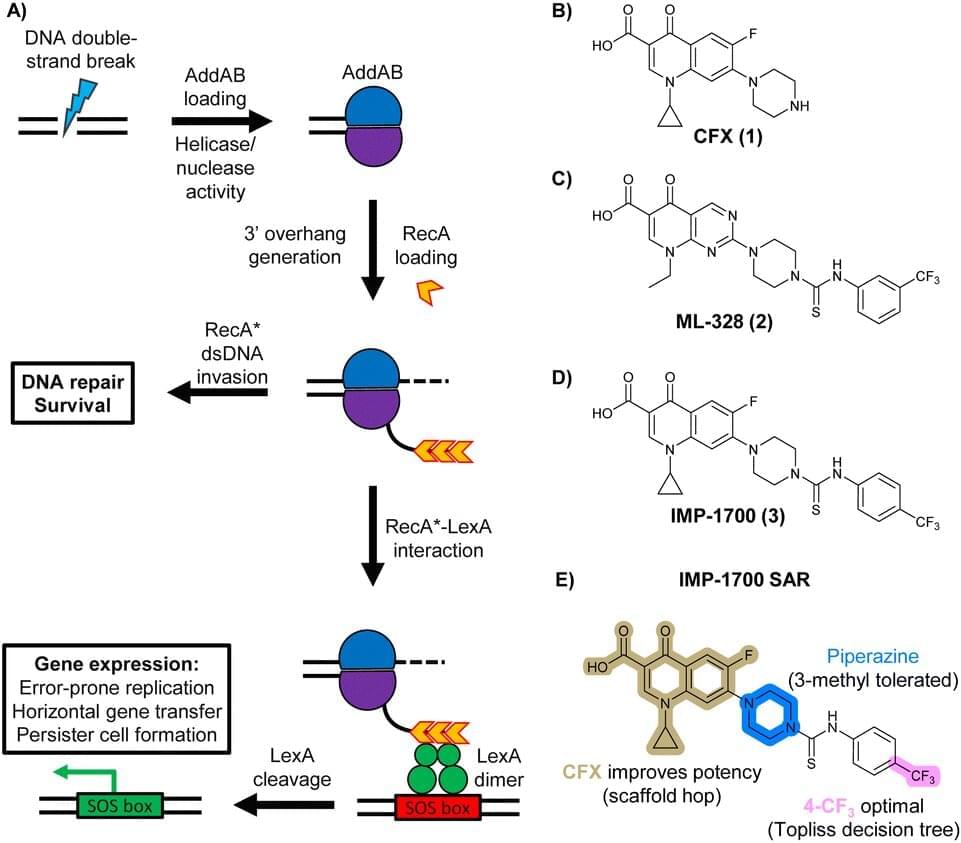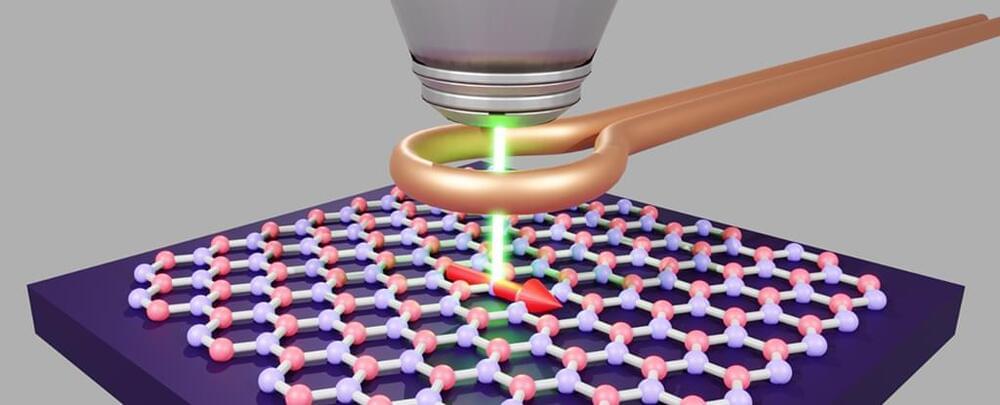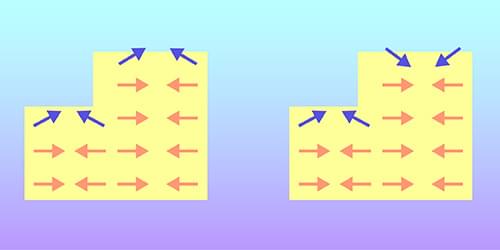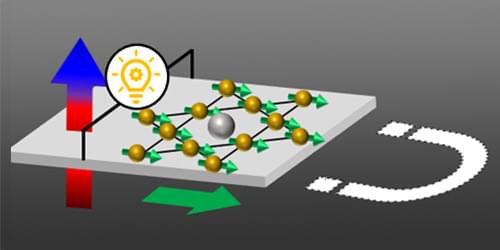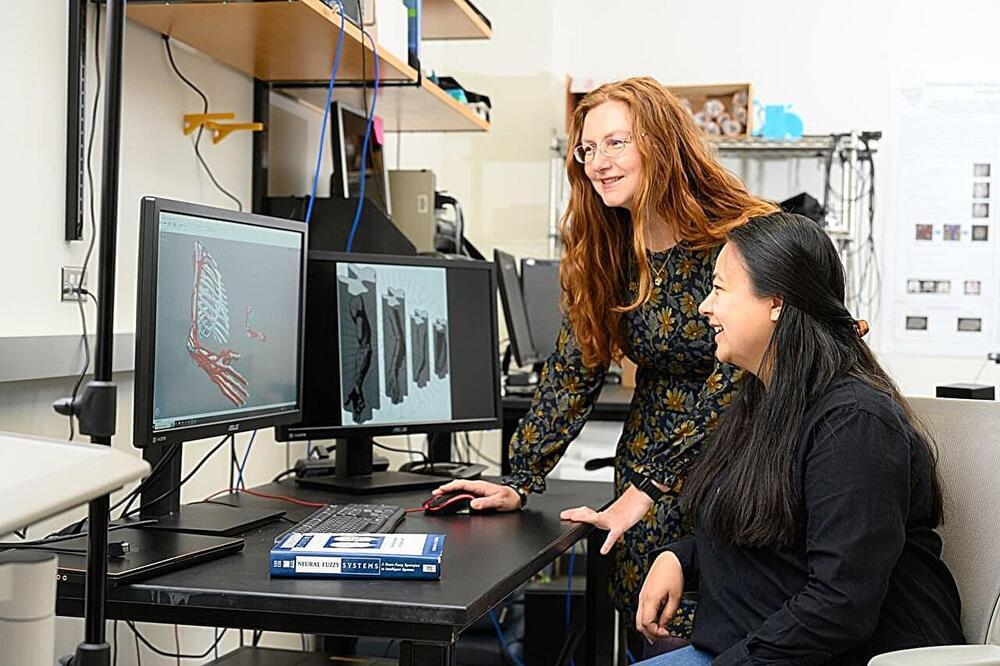After starting science operations in February, Japan-led XRISM (X-ray Imaging and Spectroscopy Mission) studied the monster black hole at the center of galaxy NGC4151.
“XRISM’s Resolve instrument captured a detailed spectrum of the area around the black hole,” said Brian Williams, NASA’s project scientist for the mission at the agency’s Goddard Space Flight Center in Greenbelt, Maryland. “The peaks and dips are like chemical fingerprints that can tell us what elements are present and reveal clues about the fate of matter as it nears the black hole.”
XRISM (pronounced “crism”) is led by JAXA (Japan Aerospace Exploration Agency) in collaboration with NASA, along with contributions from ESA (European Space Agency). It launched Sept. 6, 2023. NASA and JAXA developed Resolve, the mission’s microcalorimeter spectrometer.
